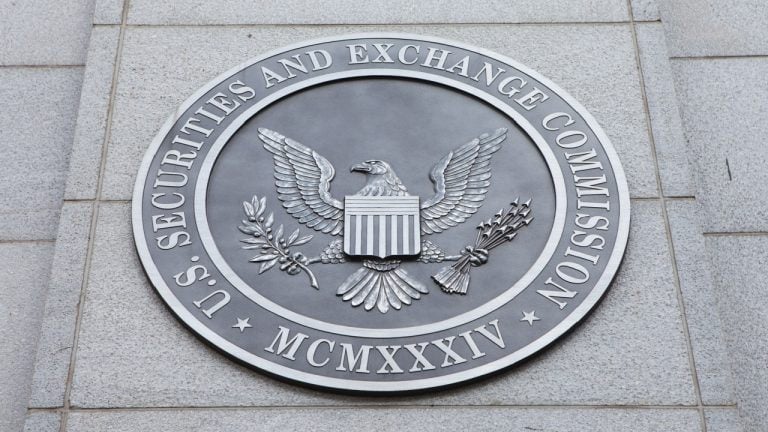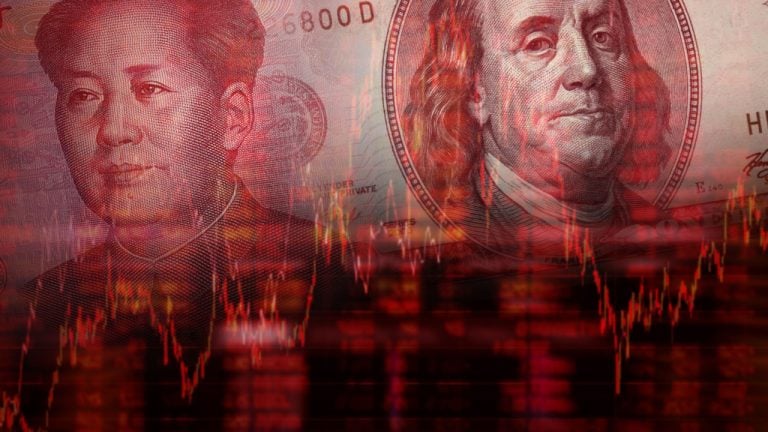
China was one of the first nations to start working on its CBDCs. However, despite the completion of its development, the government is yet to officially launch the CBDC.
China is expanding the use cases for its central bank digital currency (CBDC) called digital yuan or e-CNY for its Belt and Road initiative and cross-border trades. The digital yuan a.k.a. digital RMB was one of the first CBDCs to be developed and widely tested. While there hasn’t been an official launch, the government has expanded its testing parameter to include multiple cities and millions of people.
A plan promoting the use of the Chinese digital currency in cross-border trade was issued in Xuzhou city, which serves as the departure point for numerous goods trains from China headed for Europe. There are 18 regular cross-border rail connections from the city to 21 nations in Asia and Europe, reported the South China Morning Post.
Xuzhou is a trade hub and plans to promote e-CNY use to pay for services and storage charges for goods carried by cross-border trains. The experiment plans to extend e-CNY usage to pay taxes and utility services in the city in future.
Jiangsu province in particular has been quite proactive in promoting digital yuan use cases. Changshu, another city in the province announced it will pay civil servants and people who work for public institutions using digital yuan.
Related: China’s state-affiliated banks onboarding crypto companies in Hong Kong
Apart from Xuzhou, the Hong Kong Monetary Authority announced that Guangdong-Hong Kong- Macau Greater Bay Area will be a testing ground for making cross-border payments using digital yuan.
"The HKMA is working with mainland's central bank, the People's Bank of China, to test the digital yuan as a cross-border payment tool in Hong Kong," said HKMA deputy chief executive Darryl Chan.
Chan added that another cross-border project involving Thailand and the United Arab Emirates was being looked into by the HKMA, China, and two other nations in order to "improve efficiency and reduce the cost of cross-border transactions".
The Chinese government has ramped up its CBDC efforts at a time when the international trade markets are moving away from the standard U.S., dollar. Recently, China has completed multiple trade treaties with the likes of Russia and India based on their national currency over the U.S. dollar.
Magazine: Crypto audits and bug bounties are broken: Here’s how to fix them









